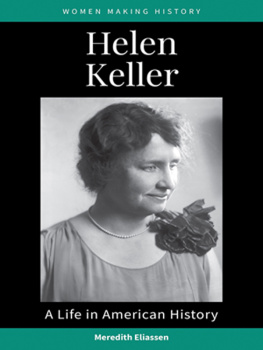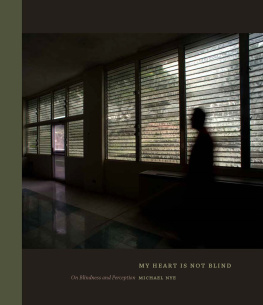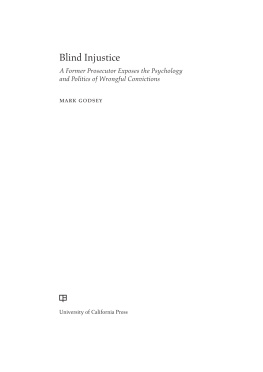Roberto Garvía - Organizing the Blind: The case of ONCE in Spain (Interdisciplinary Disability Studies)
Here you can read online Roberto Garvía - Organizing the Blind: The case of ONCE in Spain (Interdisciplinary Disability Studies) full text of the book (entire story) in english for free. Download pdf and epub, get meaning, cover and reviews about this ebook. year: 2019, publisher: Routledge, genre: Politics. Description of the work, (preface) as well as reviews are available. Best literature library LitArk.com created for fans of good reading and offers a wide selection of genres:
Romance novel
Science fiction
Adventure
Detective
Science
History
Home and family
Prose
Art
Politics
Computer
Non-fiction
Religion
Business
Children
Humor
Choose a favorite category and find really read worthwhile books. Enjoy immersion in the world of imagination, feel the emotions of the characters or learn something new for yourself, make an fascinating discovery.

- Book:Organizing the Blind: The case of ONCE in Spain (Interdisciplinary Disability Studies)
- Author:
- Publisher:Routledge
- Genre:
- Year:2019
- Rating:5 / 5
- Favourites:Add to favourites
- Your mark:
Organizing the Blind: The case of ONCE in Spain (Interdisciplinary Disability Studies): summary, description and annotation
We offer to read an annotation, description, summary or preface (depends on what the author of the book "Organizing the Blind: The case of ONCE in Spain (Interdisciplinary Disability Studies)" wrote himself). If you haven't found the necessary information about the book — write in the comments, we will try to find it.
This book is a case study which narrates the history of the National Organization of the Spanish Blind (ONCE), established in 1937 during the Spanish Civil War. Contrary to other affluent countries where most blind people live on welfare benefits, the Spanish blind enjoy full employment. Furthermore, the average income of the Spanish blind is higher than that of the sighted. Why is this so? Why the blind, and not the deaf mute, or any other group of disabled people? This book shows that ONCE answers these questions.
The book explains ONCES origins, the shifting strategies that the organization has pursued to adapt to an ever-changing environment, its original goals and the way they have mutated and been interpreted, its conflicting relationship with an authoritarian regime, its struggle to find its place in a democratic regime, and its relations with other groups of disabled people. A historical narrative, the book lies at the intersection between disability and organization studies, history and sociology.
It will be of interest to all scholars of disability studies, the sociology of work, the history of medicine and contemporary Spanish history.
Roberto Garvía: author's other books
Who wrote Organizing the Blind: The case of ONCE in Spain (Interdisciplinary Disability Studies)? Find out the surname, the name of the author of the book and a list of all author's works by series.










